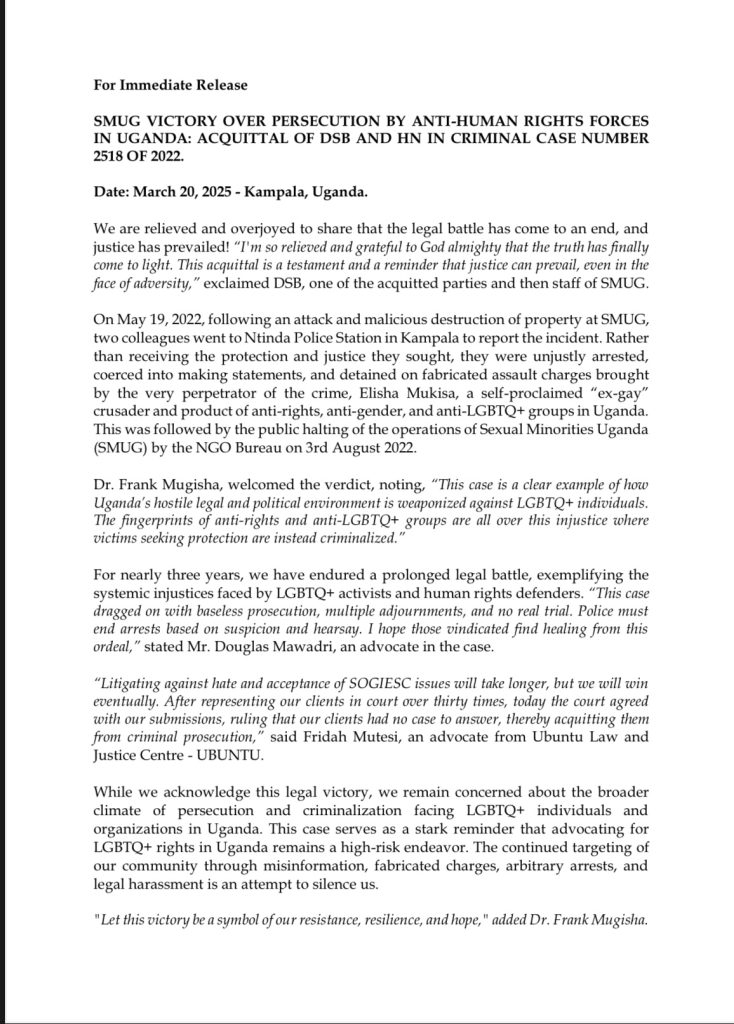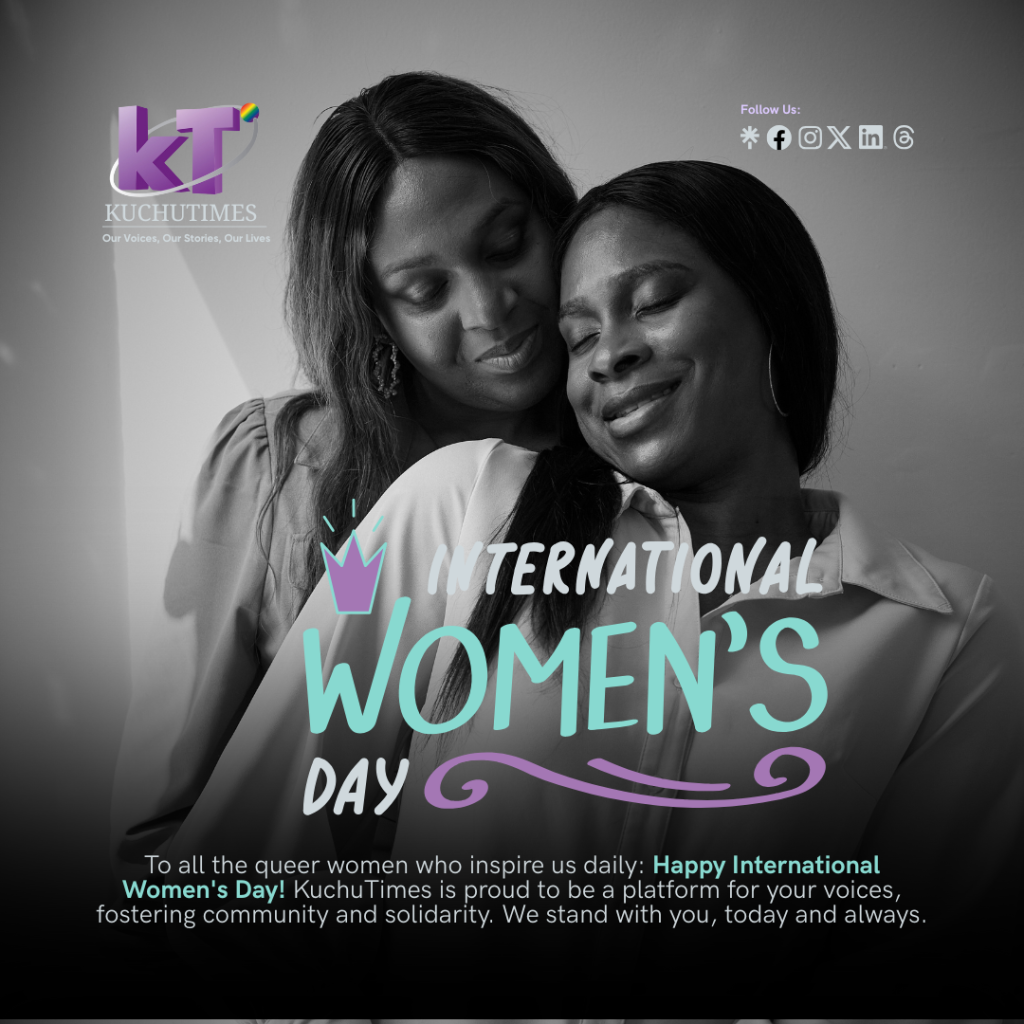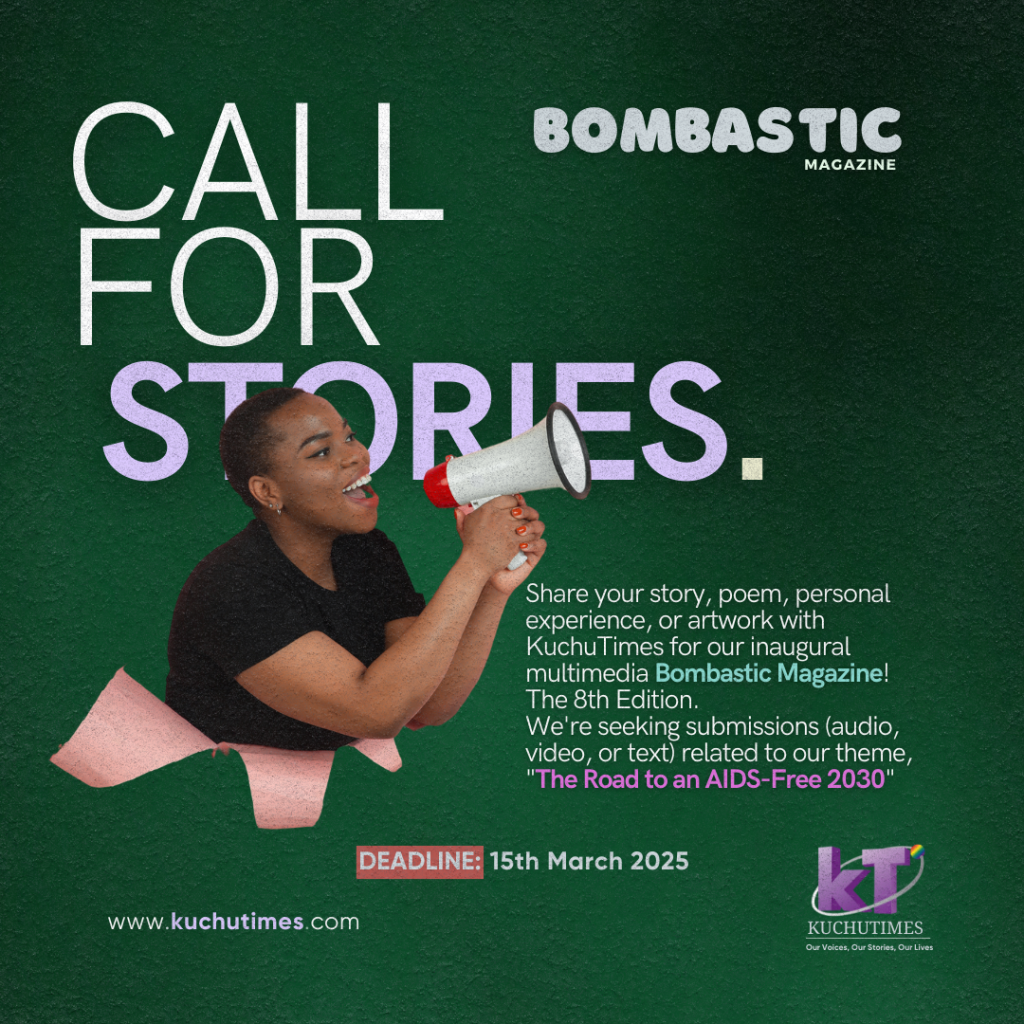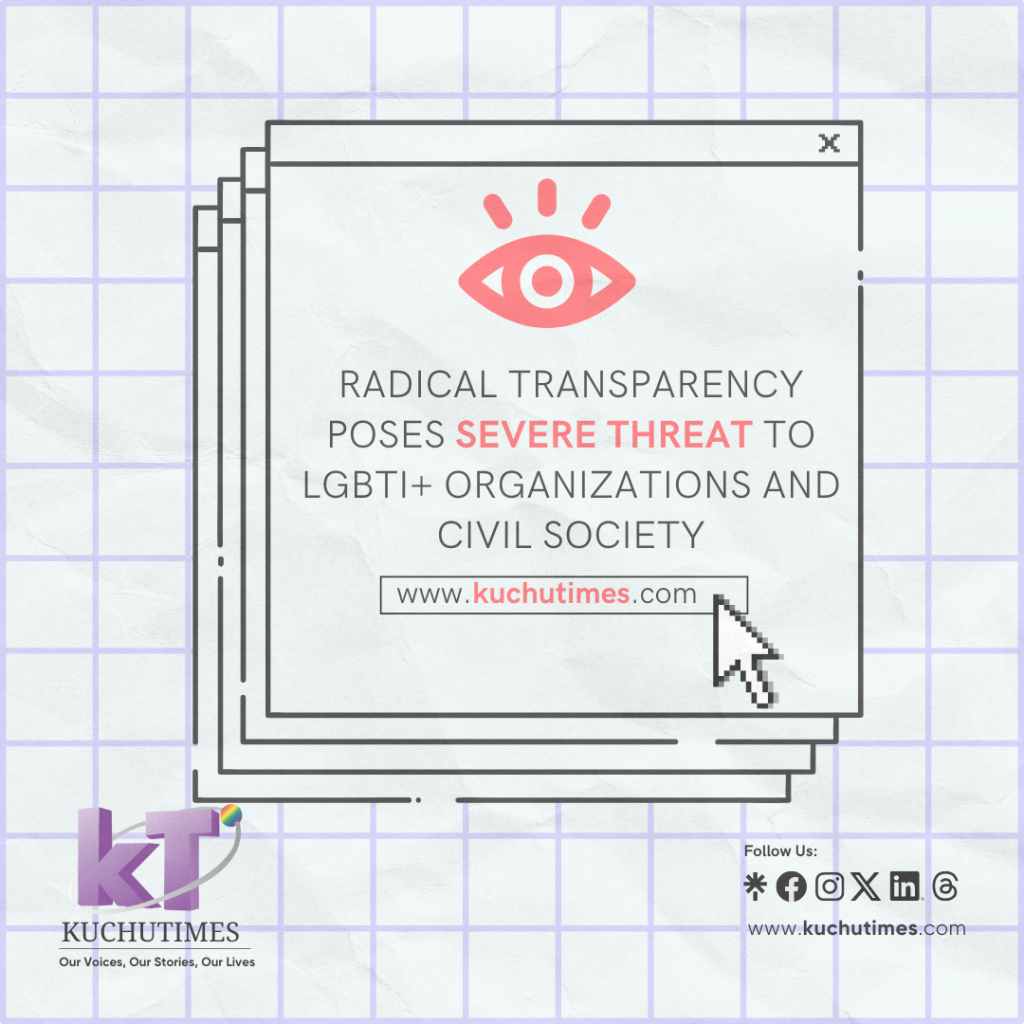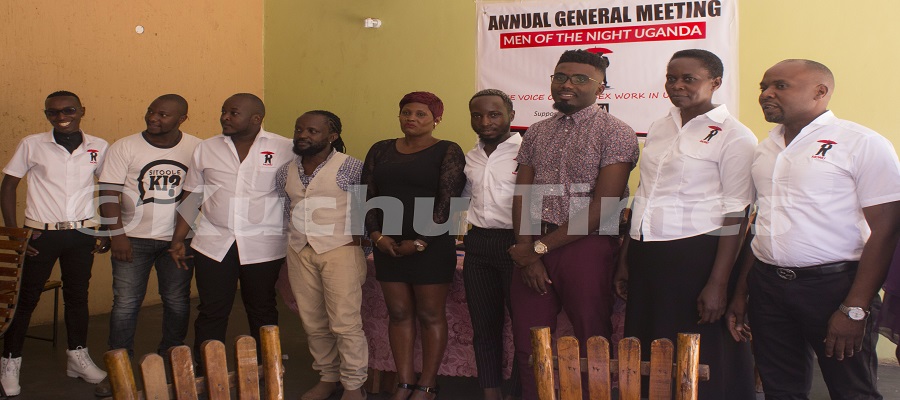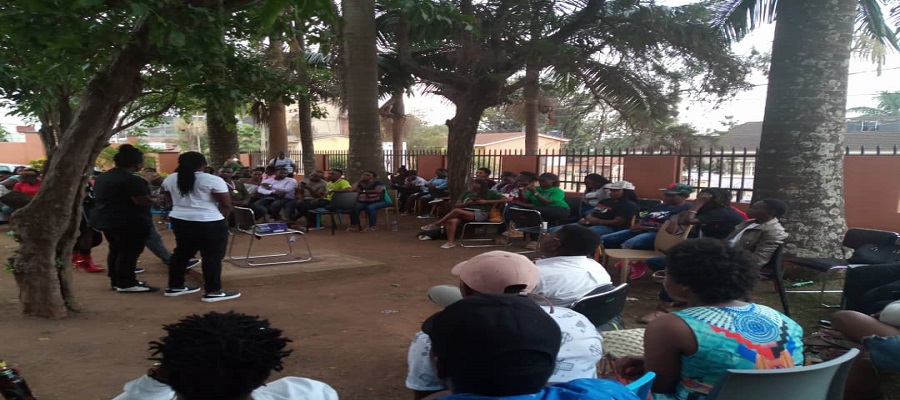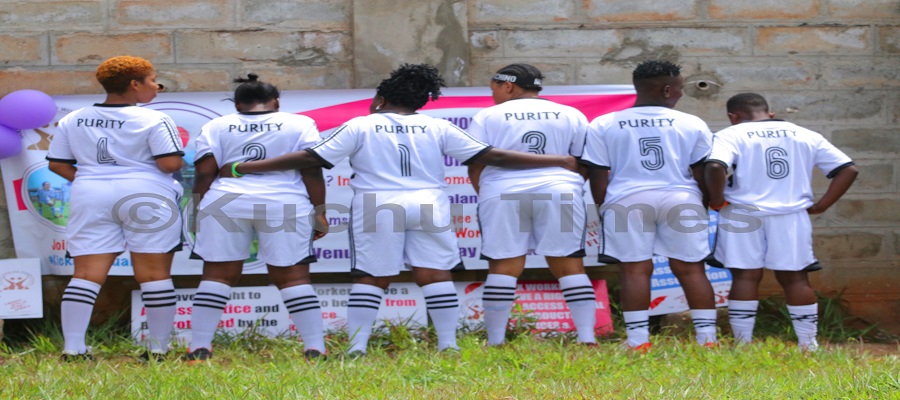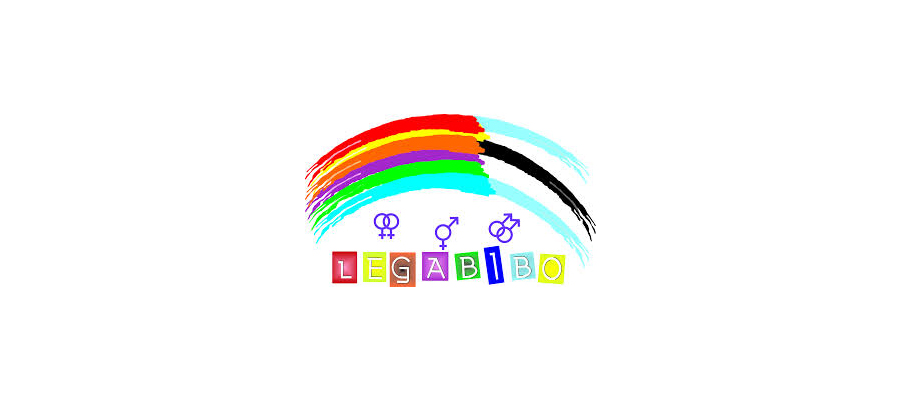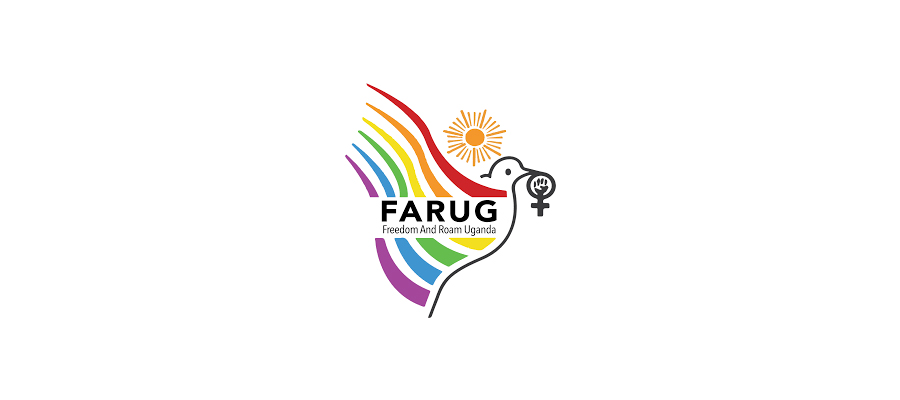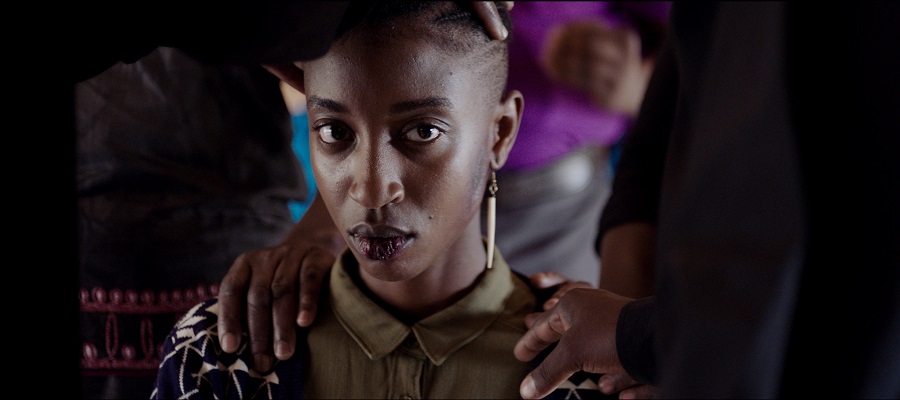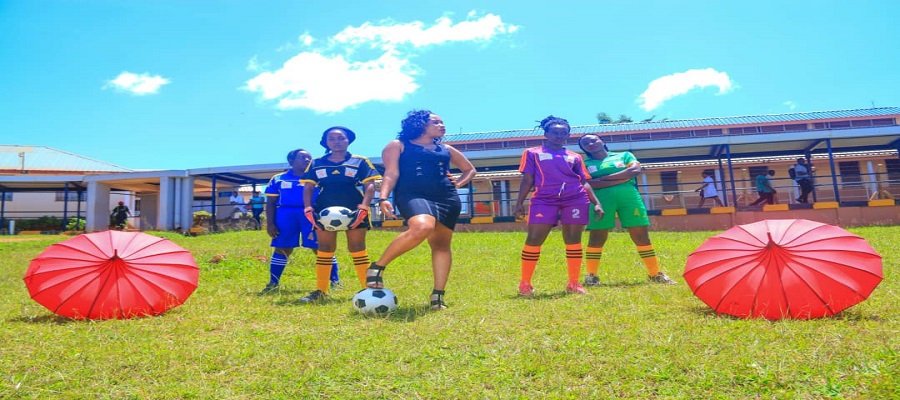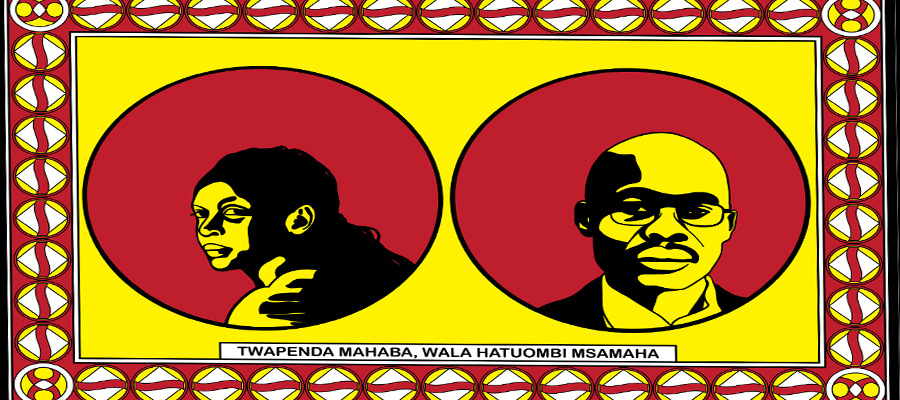Men of the Night Uganda (MoNU), last week, held its first annual general meeting; they introduced their programmes and activities to stakeholders and also elected a board of directors. MoNu is a non-profit organization that advocates for the rights of sex workers and also offers health service referrals to its members.
News
FARUG together with the co-hosting organisations set up a health camp and mobile clinic that saw several participants access free HTC, STD/ STI testing and treatment services. The event also crowned the #BalanceforBetter social media campaign that had been running in the weeks leading up to #IWD2019.
The Golden Centre for Women’s Rights (GCWR) on Friday 8th March held a women sex work/LGBTQ inter organization soccer tournament at Mulago Play Ground. The tournament dubbed #KickforEquality was in commemoration of the annual International Women’s Day.
On Thursday, 14 March 2019, a full bench of the Botswana High Court, sitting before the Honourable
Judge A.B Tafa, the Honourable Judge M. Leburu and the Honourable Judge J. Dube, will hear a case
challenging the constitutionality of sections 164(a), 164(c) and 167 of the Botswana Penal Code. These
provisions criminalise same-sex sexual conduct between consenting adults in Botswana and imposes a
maximum sentence of seven years imprisonment.
We are proud to see that Lesbian, Bisexual, Queer (LBQ) Womyn are taking up
spaces by breaking the barriers of heteronormativity and redefining the narratives.
We have been pivotal in many social justice movements. We can still reclaim our
voice and grounding by ensuring our voices are heard and our presence felt.
The movie Rafiki, that was previously banned in Kenya for its portrayal of a lesbian romance is now racking in the accolades. Kenyan actress Samantha Mugatsia won the award for best actress at the Pan-African Film and Television Festival of Ouagadougou (Fespaco) in Burkina Faso on Saturday. Mugatsia played the lead character Kena. Rafiki which […]
KNOW YOUR RIGHTS!: Regardless of your gender orientation or sexual identity, it is important to remember that the law provides for your safety when you are arrested. The list below is a reminder of the rights that we are each entitled to if ever we find ourselves behind bars.
We urge the sex work movement, partners and allies to show their support to tackle sexual gender based violence by attending this event slated on Friday 8th March 2019 at Mulago Play Ground, 12pm-6pm.
I can’t see the things you say.
You say that you care and that you love me,
but when I’m around you I feel useless … worthless.
I’d want TRTL to make us a proud community- not the kind of pride people think where we’re going around putting others down, but the kind that allows (and perhaps, even demands) that you occupy your own space wholly. I’d want us to be able to show up in all our flair and magnificence, whatever that looks like for each of us. And I’d want us to be thriving as a community – TRULY thriving. Inside and out.

